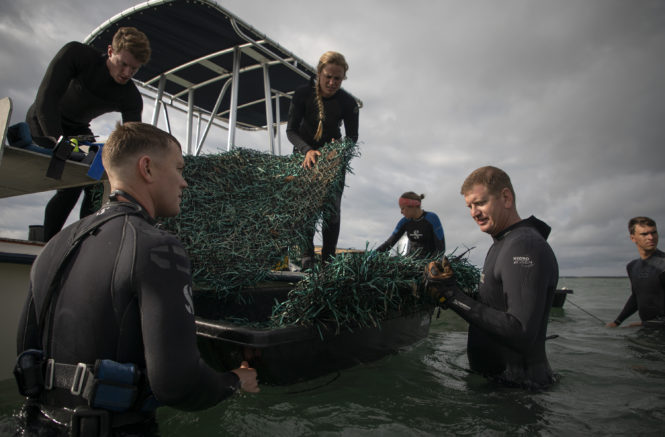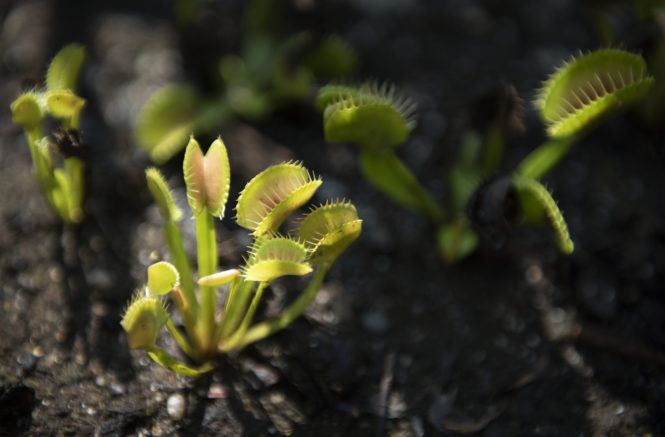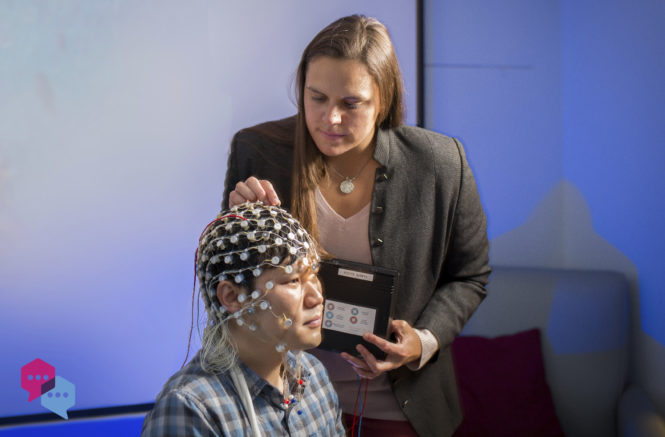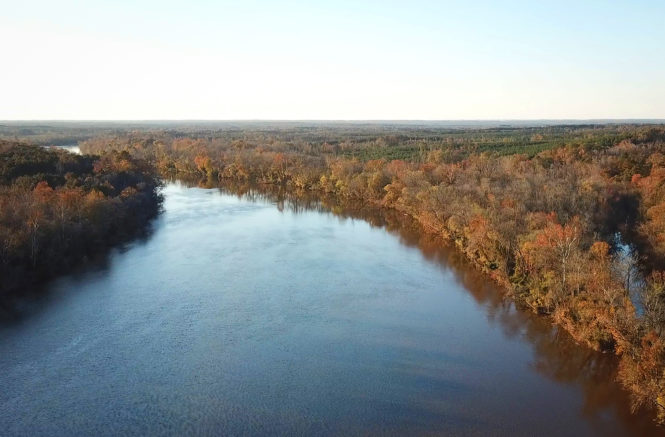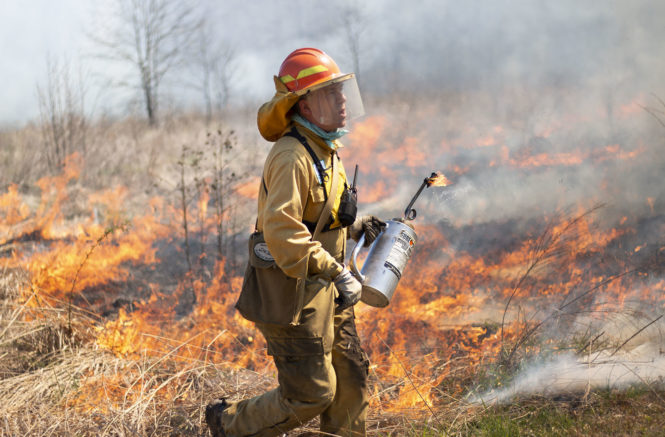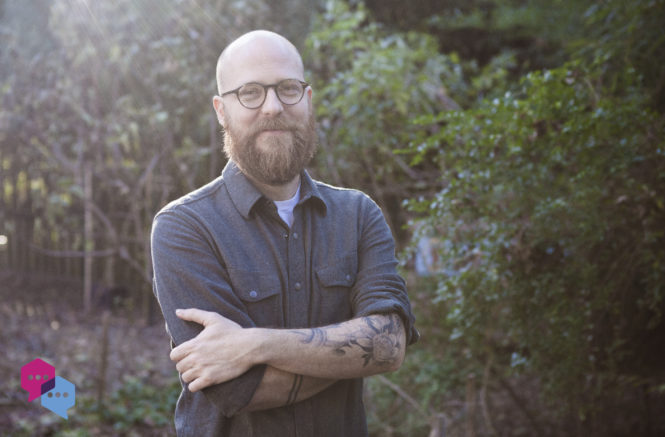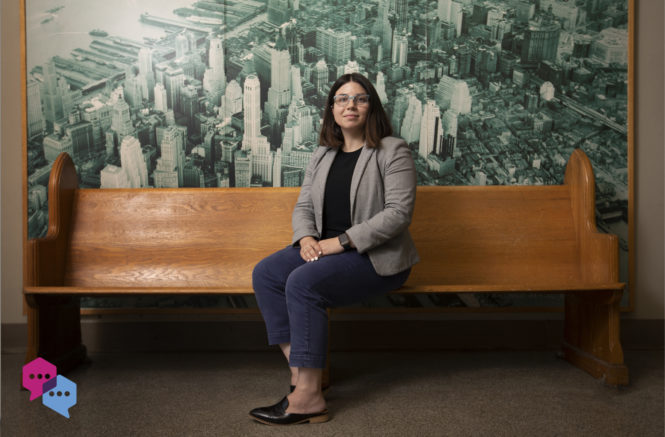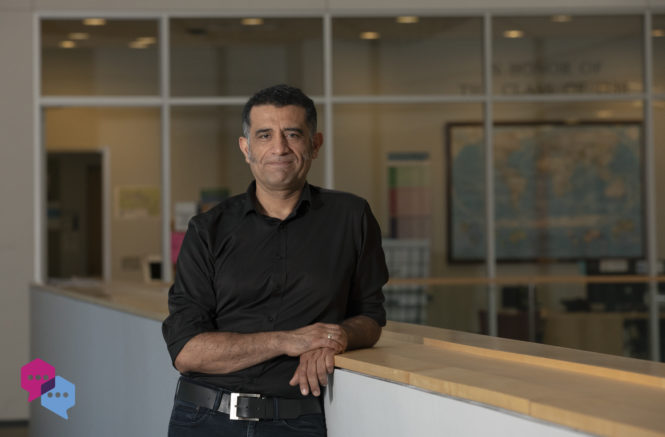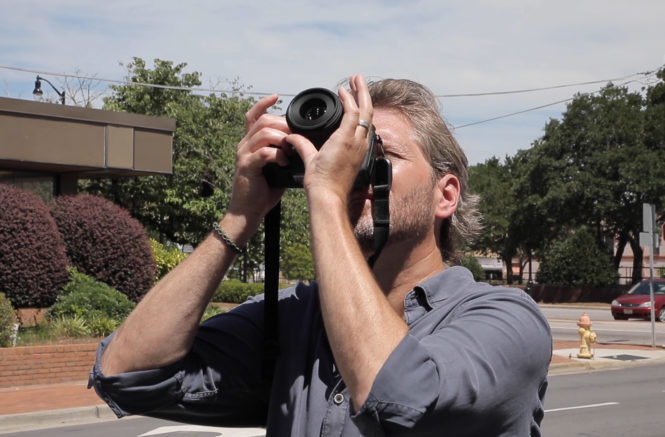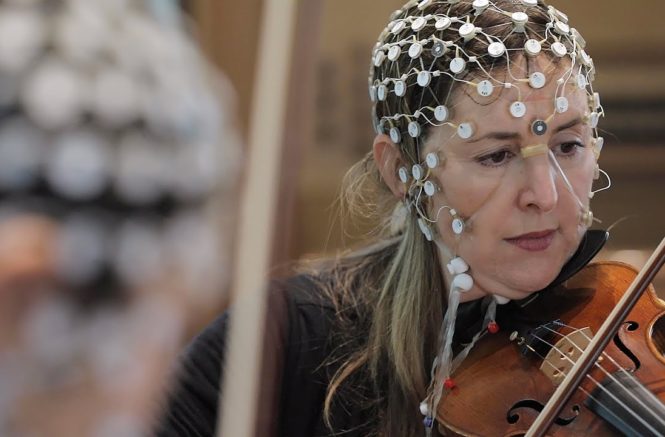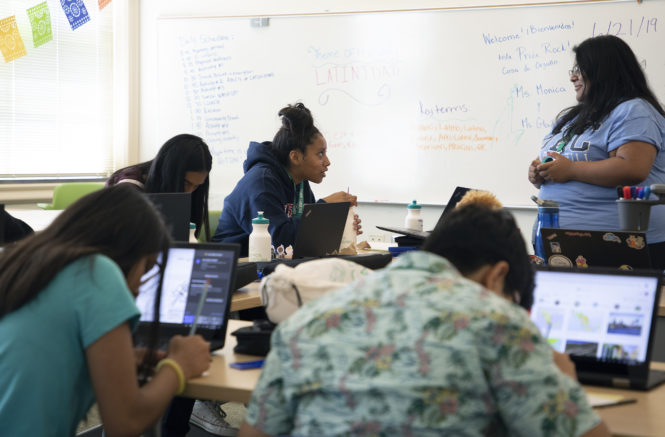A Solution for Seagrass
Seagrasses are vital habitats in North Carolina coastal waters, but their numbers have dwindled over the years. A team at the UNC Institute of Marine Sciences is exploring what type of seagrass structure marine life prefer in order to best approach restoring these important aquatic environments.
Carnivorous Conservation
Native only to a 90-mile inland radius around Wilmington, the Venus flytrap is a symbol of the Atlantic coastal plain’s unique ecology — and a contender for the federal endangered species list. As wild populations suffer due to poaching and habitat loss, UNC researchers work to preserve these carnivorous wonders through genetic testing and seed banking.
Julianna Prim
Julianna Prim is a PhD student in the Human Movement Science Curriculum within the Department of Exercise and Sports Science and the Department of Allied Health Sciences' Division of Physical Therapy. She helps develop concussion-testing protocols for active duty military members and uses brain stimulation to treat individuals with chronic low-back pain.
Trapped on the Surface
In the past decade, the Cape Fear River has become more susceptible to algal blooms — a potential public health concern for more than 1.5 million people relying on the river as a drinking water source. UNC researcher Nathan Hall thinks droughts and slow flows are the culprit, and aims to predict when future blooms will occur.
Fighting Fire with Fire
In its mission to inspire understanding, appreciation, and conservation of plants, the North Carolina Botanical Garden conducts a series of controlled burns each year to manage wildfires and maintain rare plant and animal habitats in Chapel Hill and Durham.
Chad Stevens Heartwood
Chad Stevens Heartwood is an associate professor within the UNC School of Media and Journalism. As a documentary filmmaker and journalist, he researches the collision between human needs and the environment. His most recent project, “Farmsteaders,” follows a young family focused on resurrecting their late grandfather’s dairy farm.
Eleftheria “Ria” Kontou
Eleftheria “Ria” Kontou is a postdoctoral research associate in the Department of City and Regional Planning within the UNC College of Arts & Sciences. She uses transportation models to uncover whether ride-sourcing platforms like Uber and Lyft affect city road crashes, injuries, fatalities, and DUI rates to help urban planners identify solutions for safe, efficient mobility.
Juan Carlos González Espitia
Juan Carlos González Espitia is an associate professor of Spanish in the Department of Romance Studies within the UNC College of Arts & Sciences. In his historical study of syphilis in the Spanish-speaking world, he explores the ways the disease affects private and public life, literature, the arts, medical discourse, politics, and public policy.
A Dual Focus
After a 21-year career in the U.S. Army, John Bechtold is now a PhD student in UNC’s Department of American Studies, using photography as a means to discuss American public memory and cultural perceptions of war.
Tuned into Neuroscience
There are a host of ways neuroscientists can study the brain. Some analyze its chemistry, others its structure. UNC researcher Flavio Frohlich examines its electrical system, what he calls the "language of the brain," and investigates how miscommunication in these signals can play a role in psychiatric illnesses.
One Size Won’t Fit All
Nearly 35 percent of Americans are considered obese — a diagnosis that has become so common the American Medical Association recognizes it as a chronic disease. While the diagnosis is the same for all, the treatments vary; what works for one person typically doesn’t work for another. In response, researchers from across UNC have joined forces to tackle this ever-growing problem.
Soldering Learning Leaks
New research from Carolina Demography shows how students “leak out” of the postsecondary educational pipeline and examines education outcomes at North Carolina public schools, identifying where interventions could be implemented. UNC researchers have long been at work to close these gaps, from early childhood classrooms to public policy platforms.



